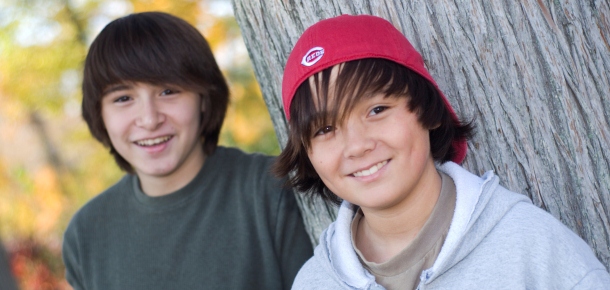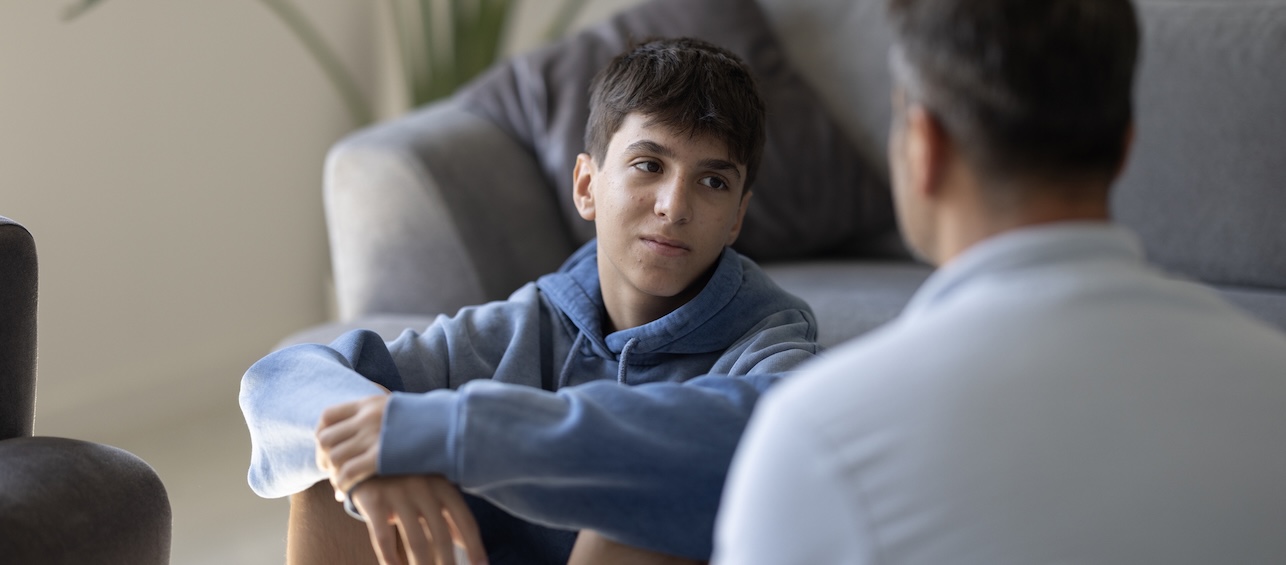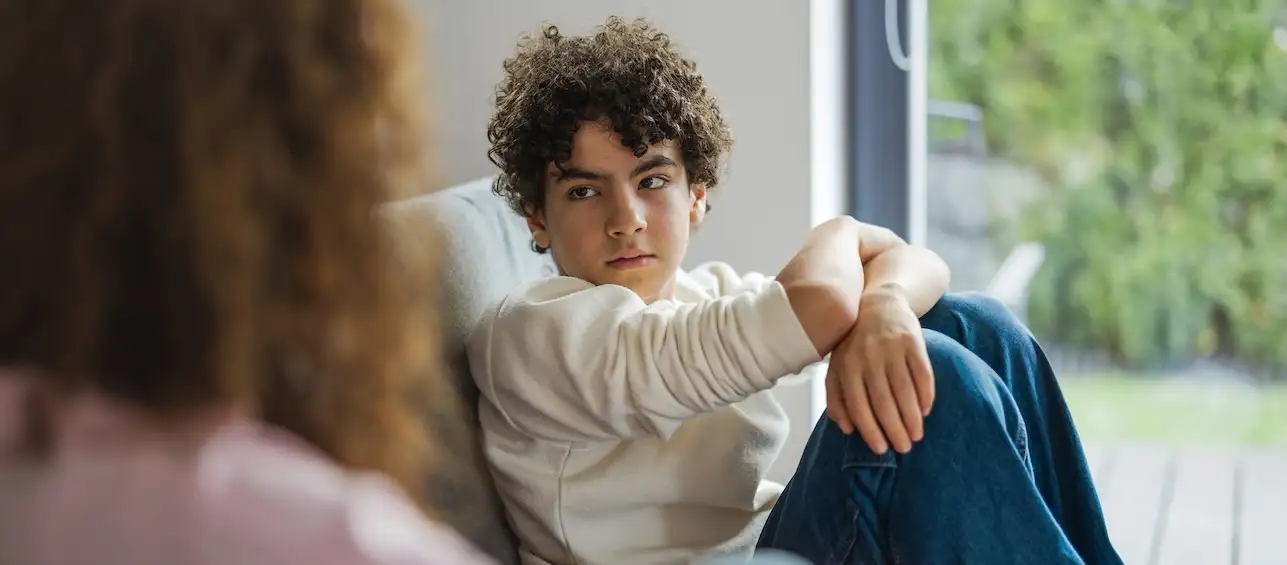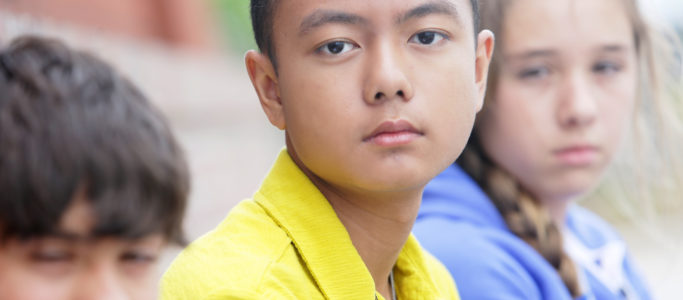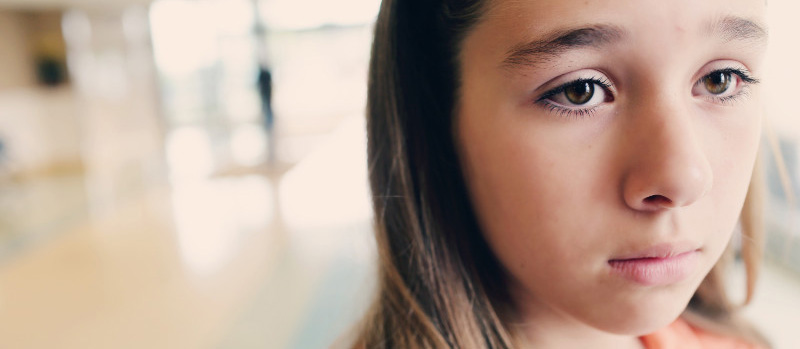So, what’s the big deal with energy drinks? They taste good, they come in cool packaging, you can get them anywhere and it’s just caffeine, right?
Energy drinks are marketed as providing a “safe” boost of energy, but recently, there have been a number of consumer initiated complaints to the Food and Drug Administration reporting deaths following the consumption of energy drinks.
A recent study is calling energy drinks “a rising public health problem.” The study, from a survey of U.S. hospitals by the Substance Abuse and Mental Health Services Administration, said that the number of emergency-room visits linked to energy drinks had doubled in four years — from 10,000 in 2007 to 20,000 in 2011.
This past October, a 14-year-old girl died from “cardiac arrhythmia due to caffeine toxicity” after drinking two cans of a popular energy drink in a 24-hour period. Her family filed a lawsuit against the beverage maker for failing to warn consumers about the product’s dangers. The Food and Drug Administration is also investigating reports of five other deaths that may be associated with the same energy drink.
Dr. Shan Yin, Medical Director at Cincinnati Children’s Drug and Poison Information Center (DPIC) says parents should have frank discussions with their children about the dangers of energy drinks and if they’re drinking them, ask why the child feels the need to consume such products.
Caffeine is widely consumed in the United States by many people on a daily basis. It can have beneficial effects including feeling more alert, boosting physical performance, and elevating mood. However, like most things, caffeine should be taken in moderation.
Dr. Yin offers these important facts to keep in mind when discussing energy drinks with kids and even if you’re considering drinking them yourself:
- Caffeine taken in high doses, or by susceptible individuals at normal doses, can cause abnormal heart rhythms, high blood pressure, nausea and vomiting, jitteriness and sleep problems. In extreme cases, seizures and death may occur.
- Most energy drinks contain more than 200 mg of caffeine (a typical 8 ounce cup of coffee contains about 100 mg), but may also come in volumes as small as 2 ounces. Smaller volumes may make binge drinking of these products easier.
- Mixing caffeine with other medications (including some attention deficit medications and asthma medications) and in particular alcohol can be especially dangerous.
- Energy drinks may also contain ingredients that are not regulated by the FDA. These include things like gingko, ginseng, taurine, guarana, milk thistle, and others. They are usually contained in small amounts and may not cause significant harm by themselves. But, some of these ingredients can interact with prescription medications which may lead to dangerous effects.
Bottom line, Dr. Yin says that most children and adolescents simply should not need caffeine to boost their alertness. If your child is sleepy during the daytime, sleep is the answer, not caffeine or another medication.
If you think your child needs more sleep, help him adjust his schedule to allow for an earlier bedtime. Older kids might especially benefit from an evening routine that includes “screen free” time an hour before bed to help them fall asleep quickly and rest well.

